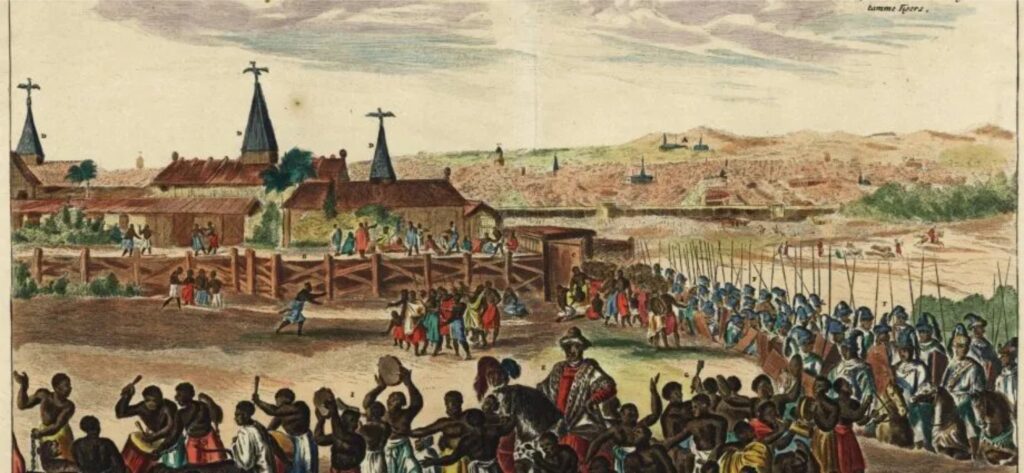In many Nigerian cultures, especially among the Igbo, the kola nut plays a central role in how gatherings begin. It is not just a fruit. It is a sacred item used to welcome guests, invite peace, and seek blessings. Before any serious discussion, celebration, or ritual begins, the kola nut is brought out with reverence. Its presence signals that the gathering is now open, and that all those present are part of something bigger than themselves.
Traditionally, the host does not break the kola nut. That honor belongs to the eldest or most spiritually respected person in the room. Before it is split, prayers are said. These prayers call on the ancestors to bless the gathering, to keep everyone safe, and to guide the purpose of the meeting. This is not a superstition but a spiritual foundation that links the living with those who came before.
The Meaning in the Lobe
A kola nut with four or more lobes is seen as a sign of favor. If the nut breaks cleanly, it is believed to mean good fortune and alignment. But if the pieces fall unevenly or resist splitting, elders may take it as a reason to tread carefully. After the nut is split, it is shared, starting with the most senior guest in the room. Refusing it without good reason can be seen as disrespectful.
This moment is not rushed. Everyone pauses, observes, and listens. The kola nut becomes a symbol of peace, respect, and shared humanity. It reminds those gathered that before any action is taken, respect must be shown and unity must be affirmed.
Holding On to What Matters
The ritual of breaking the kola nut continues today. In cities and in villages, among the old and the young, it remains a powerful sign of identity and tradition. Even in diaspora communities, the kola nut is brought out during weddings, naming ceremonies, and other cultural events. It tells a story. It passes down values. It teaches that hospitality is sacred and that culture is something you carry, not just something you talk about.
Though times are changing, the kola nut continues to speak. It says: we remember, we honor, and we begin with peace.
References
- The Sacred Kola Nut Ritual in Igbo Culture – African Studies Review (https://www.cambridge.org/core/journals/african-studies-review/article/sacred-kola-ritual)
- Hospitality and the Symbolism of the Kola Nut – The Guardian Nigeria (https://guardian.ng/life/why-the-kola-nut-matters)
- Breaking the Kola Nut: Rituals and Meaning in Igboland – Igbo Cultural Heritage Foundation (https://ighf.org.ng/kola-nut-traditions)


